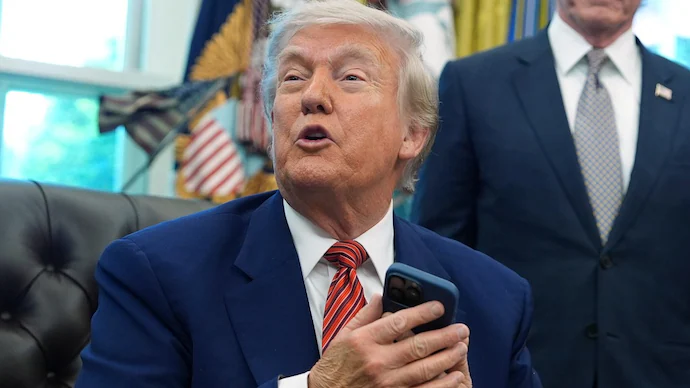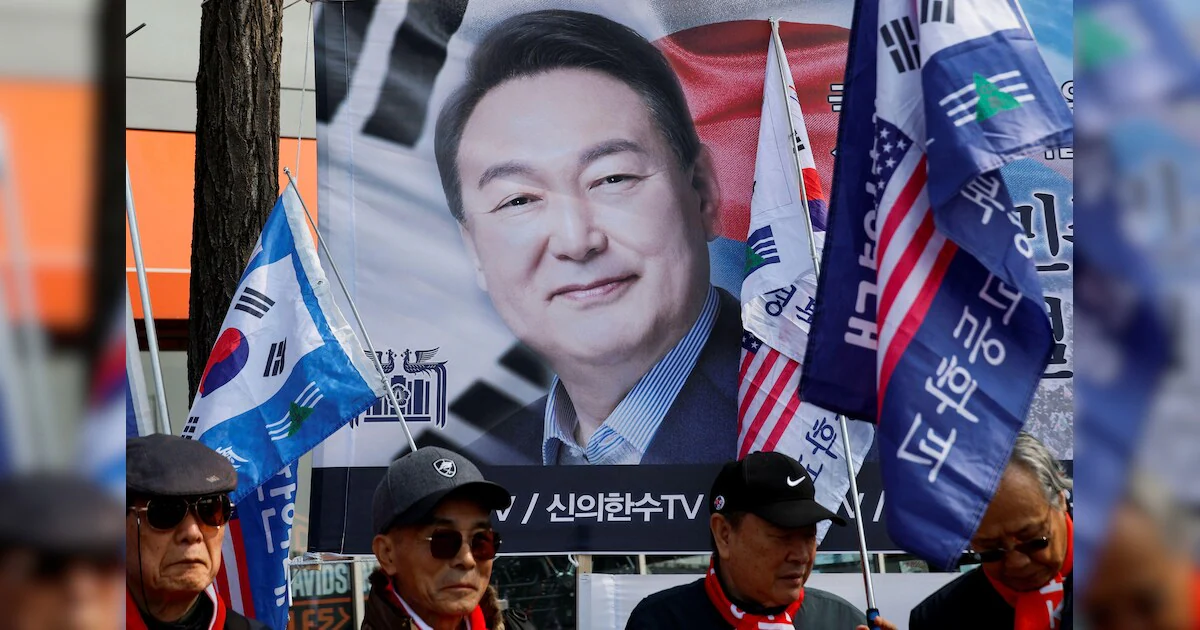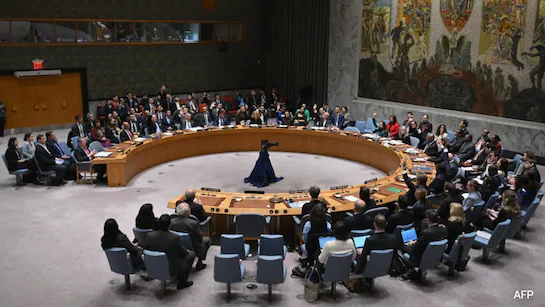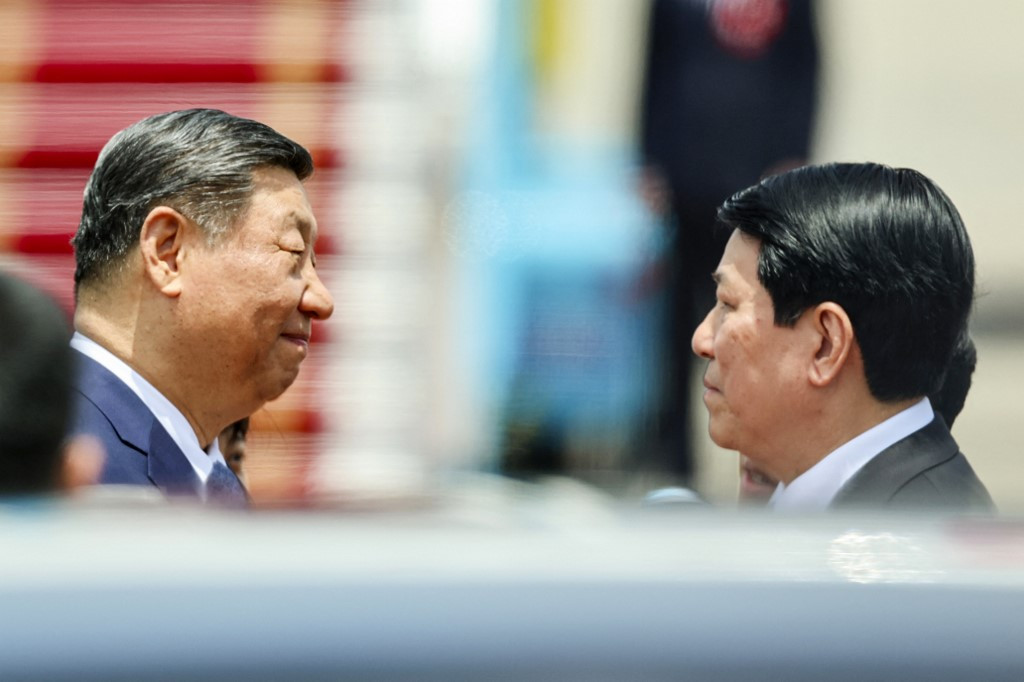US federal court blocks Trump-era tariffs, says former president exceeded authority

NEW DELHI: In a landmark ruling with far-reaching implications, the United States Court of International Trade on Wednesday struck down the bulk of tariffs imposed during former President Donald Trump’s tenure, declaring that he exceeded his legal authority under federal law.
The judgment, delivered by a three-judge panel, invalidated tariffs that were part of Trump’s controversial “Liberation Day” initiative, introduced as a national emergency measure in 2019 and expanded until 2021. The court held that these actions violated the constitutional separation of powers and bypassed the role of Congress in regulating international commerce.“The Executive cannot act unilaterally in matters of trade without a valid and immediate emergency,” the court observed in its decision.
Challenge to Executive Overreach
The case, brought forth by a coalition of small business groups and several state attorneys general, argued that Trump had invoked the International Emergency Economic Powers Act (IEEPA) inappropriately. The IEEPA was designed to empower the president in times of actual economic crisis — not, as the plaintiffs claimed, to rewrite trade policy based on political objectives.
The court found merit in the argument, asserting that no “unusual and extraordinary threat” existed at the time that could justify the sweeping tariffs. The ruling emphasized that the emergency powers law could not be used as a substitute for legislative action.
Implications for Trade and Economy
The ruling is likely to have a significant impact on both domestic and international fronts. Economists believe the decision will calm markets and send a positive signal to global trading partners who were adversely affected by the tariffs, particularly China, the European Union, and parts of Latin America.
Small businesses across the United States have also welcomed the decision. Many had complained of supply chain bottlenecks and cost hikes due to the duties, which applied to a wide range of imports — from industrial parts to consumer goods.
Wall Street responded positively. Key indices such as the S&P 500 and Dow Jones Industrial Average posted modest gains amid expectations of renewed global trade flow.
Trump Responds, Vows Appeal
Reacting to the ruling, Donald Trump issued a sharp statement criticizing what he called “a politically motivated attack on America’s sovereignty.” He added that his legal team would appeal the verdict in the Supreme Court.
“My administration acted in the best interest of American workers and national security,” Trump said. “We will not back down from defending our economic independence.”
However, trade law experts believe the verdict may establish a lasting precedent limiting future executive action on trade without congressional approval.
Not All Tariffs Affected
It is important to note that the ruling does not overturn all tariffs imposed during Trump’s presidency. Measures introduced under Section 232 of the Trade Expansion Act (national security) and Section 301 of the Trade Act of 1974 (retaliation against unfair trade practices) remain in place.
Still, the decision represents a critical legal blow to one of Trump’s most defining policy tools — the aggressive use of tariffs as a means of economic and diplomatic leverage.















